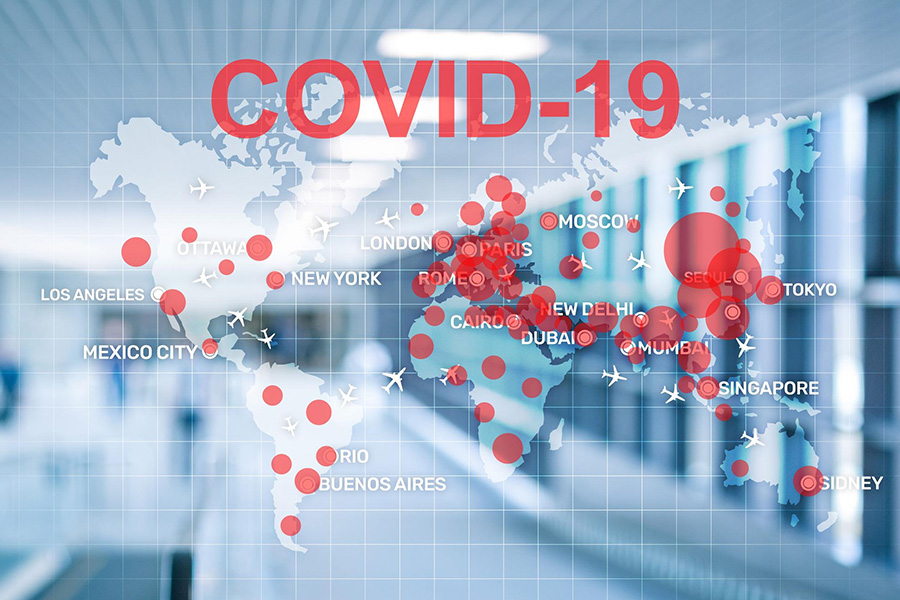
Once severely affected by the COVID-19 pandemic, Latin American and Caribbean developing states advocated and followed a well-tested approach to overcome the crisis: they actively cooperated with the two superpowers and international financial institutions (IFIs).
Author
Kim Emmanuel, Jindal School of International Affairs, O.P. Jindal Global University, Sonipat, Haryana, India.
Summary
The COVID-19 crisis raised fundamental questions over the resilience of the liberal international order (LIO). At first glance, the early part of the crisis seemed to have substantiated the Realist proposition that, faced with a risk of anarchy, states pursue their national interests to ensure their survival. This vision involves that competitive and even antagonistic dynamics between states may exacerbate and jeopardize the LIO. The pandemic restricted interstate interactions but, more dramatically, the relations between the United States and China became increasingly contentious.
However, nationalistic stances reached their limits within a few months. Once severely affected by the COVID-19 pandemic, Latin American and Caribbean developing states advocated and followed a well-tested approach to overcome the crisis: they actively cooperated with the two superpowers and international financial institutions (IFIs). During this process, China, the U.S., and IFIs played a pivotal role and shaped regional responses to the pandemic. Despite obvious tensions within the LIO, this evolution has highlighted the strength and resilience of liberal principles.
Published in: Gaillard, N., Gotoh, F., & Michalek, R. (Eds.). (2023). The Future of Multilateralism and Globalization in the Age of the U.S.–China Rivalry (1st ed.). Routledge.
To read the full chapter, please click here.

